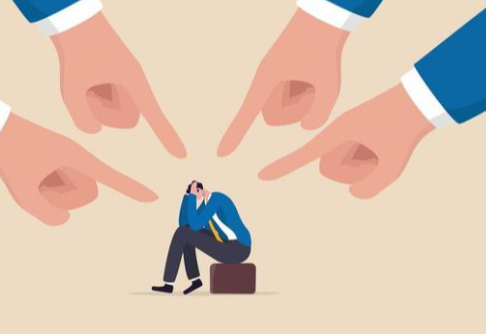
Feeling excluded can be a profound emotional blow that many struggle to navigate. Whether it’s being omitted from social gatherings or professional settings, the sting of exclusion can lead to a cascade of negative emotions and self-doubt. Fortunately, there are active steps one can take to journey from hurt to healing and empowerment. Keep reading to discover how to turn the tide from exclusion to self-empowerment and joy.
Building a Supportive Community for Inclusion and Acceptance
Cultivating or rebuilding a supportive community is a proactive move towards inclusion and acceptance. This means reaching out to family, friends, or groups that share similar interests. A sense of community can significantly buffer the effects of exclusion and provide a network of support and belonging.
In the digital age, there are numerous platforms and groups aimed at fostering connections among people with similar passions or circumstances. Engaging in these virtual communities can transcend physical boundaries and promote feelings of inclusion. Actively participating in community events or volunteering can also create meaningful connections in real life.
Building a community takes effort and vulnerability, but the rewards are immeasurable. Being surrounded by supportive people can replace the void of exclusion with warmth and acceptance. Within such a community, our uniqueness is celebrated, and our mutual support can lead to lasting connections.
Engaging in Joyful Activities to Reignite Passion and Happiness
Finding and engaging in activities that bring us joy can be an effective way to cope with the aftereffects of exclusion. Whether these are hobbies we’ve loved for years or new interests we’ve yet to explore, they can provide a welcome distraction and foster a sense of accomplishment and self-worth.
Activities that allow for creative expression, such as painting, writing, or playing music, can be especially therapeutic. They serve as an outlet for emotions and can lead to a state of flow, where time and worries recede into the background. Immersion in these activities provides relief and a fresh surge of positive energy.
Physical activities, too, can be a balm for emotional wounds. Exercise releases endorphins, known for their mood-lifting properties. The physical exertion, whether it’s a gentle yoga session or an intense bike ride, can help shift focus from mental stress to bodily wellness.
Read more: 31m Series Azevedotechcrunch
Understanding the Emotional Impact of Being Left Out
Exclusion can trigger feelings of rejection and loneliness, and these can have significant psychological effects. The sense of not belonging can lead to diminished self-esteem and increased stress. Individuals may ruminate on their perceived social shortcomings, which exacerbates feelings of isolation.
Moreover, the impact is not just emotional; social pain, like physical pain, can activate similar neural regions. This intertwining can make emotional pain from being left out deeply unsettling. Understanding that these reactions are natural is the first step in addressing the hurt.
Even as adults, being left out can hark back to childhood insecurities and fears. It can trigger a primal need for acceptance that’s hardwired into our being. Accepting this need is essential in recognizing why exclusion hurts and in developing compassion towards oneself.
Nurturing Resilience to Overcome Social Exclusion and Embrace Empowerment
Resilience is not a trait we are born with but a muscle we can strengthen over time. Overcoming the emotional turmoil of social exclusion takes resilience, and nurturing this quality is vital to our personal development. Resilience empowers us to bounce back, fostering a sense of control and optimism even in the face of hardship.
In the process of building resilience, it’s essential to set realistic goals and celebrate small victories. This practice reinforces self-efficacy and bolsters our belief in our capacity to overcome obstacles. Resilience is about learning from experiences rather than allowing them to define us.
Overall, the journey from the pain of social exclusion to a place of self-empowerment requires introspection, compassion, and proactive community-building. By engaging in activities that foster joy and nurturing our inner resilience, we can transform the experience of being left out into an opportunity for profound personal growth and happiness.




